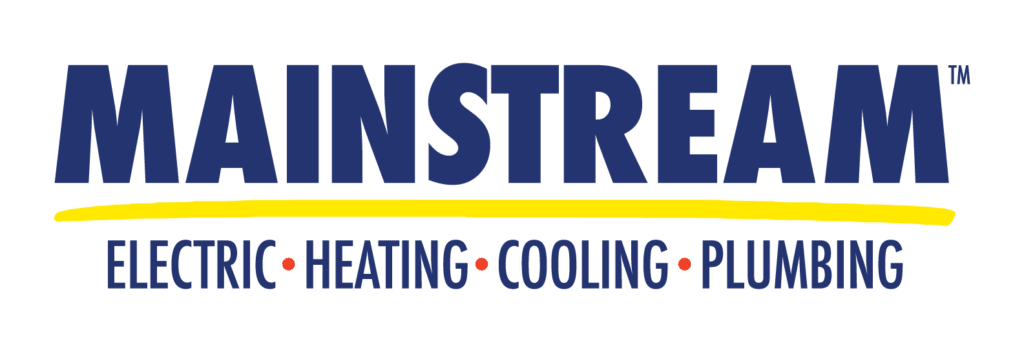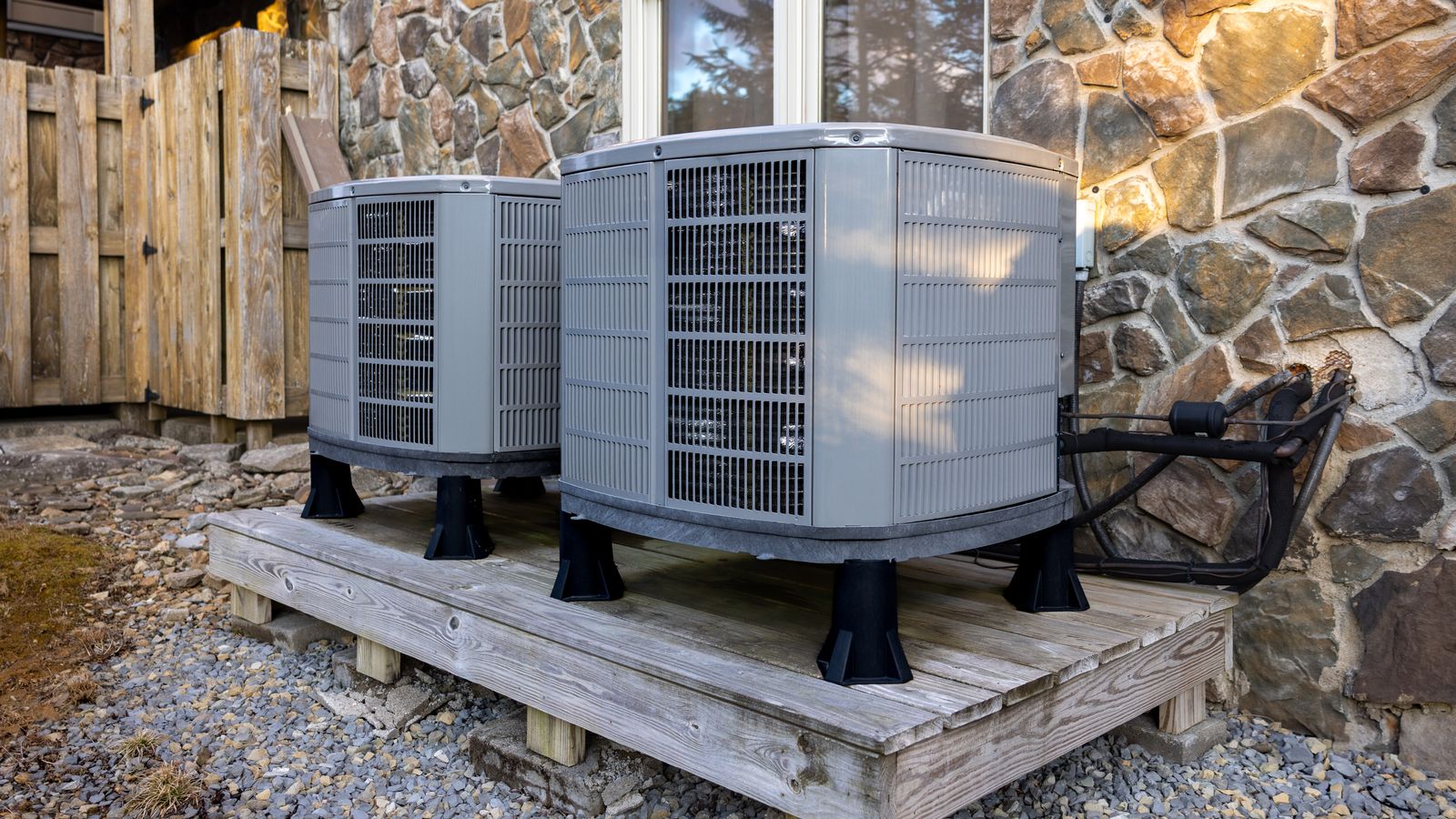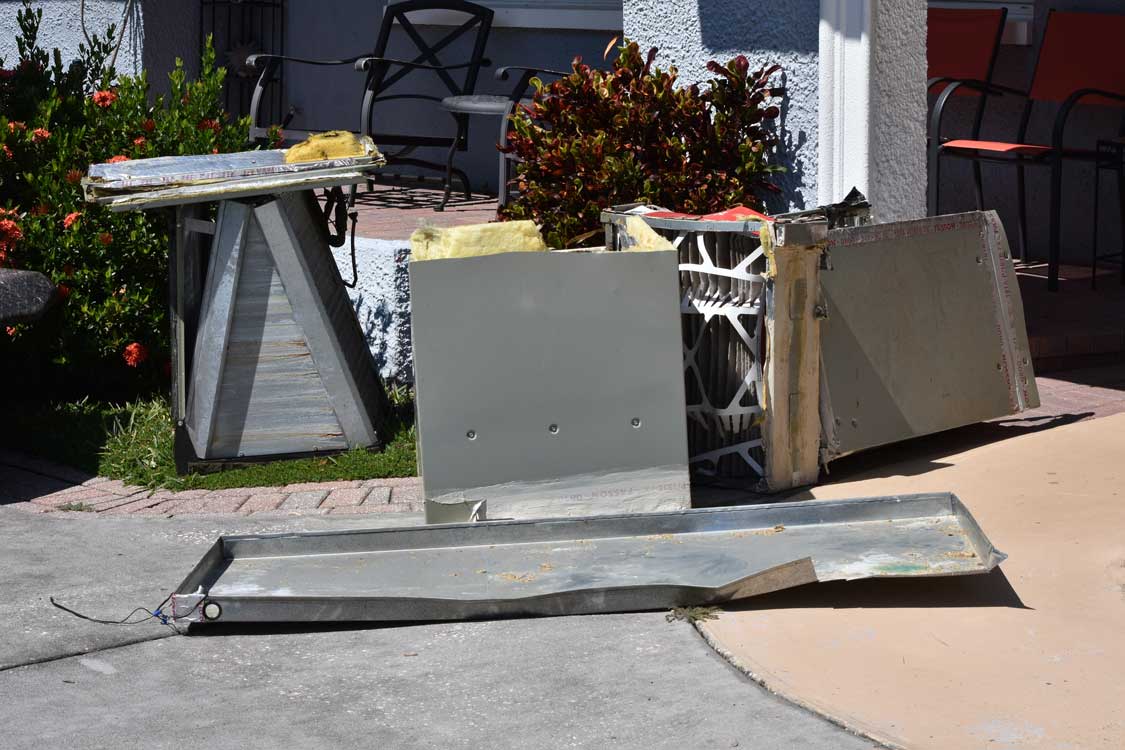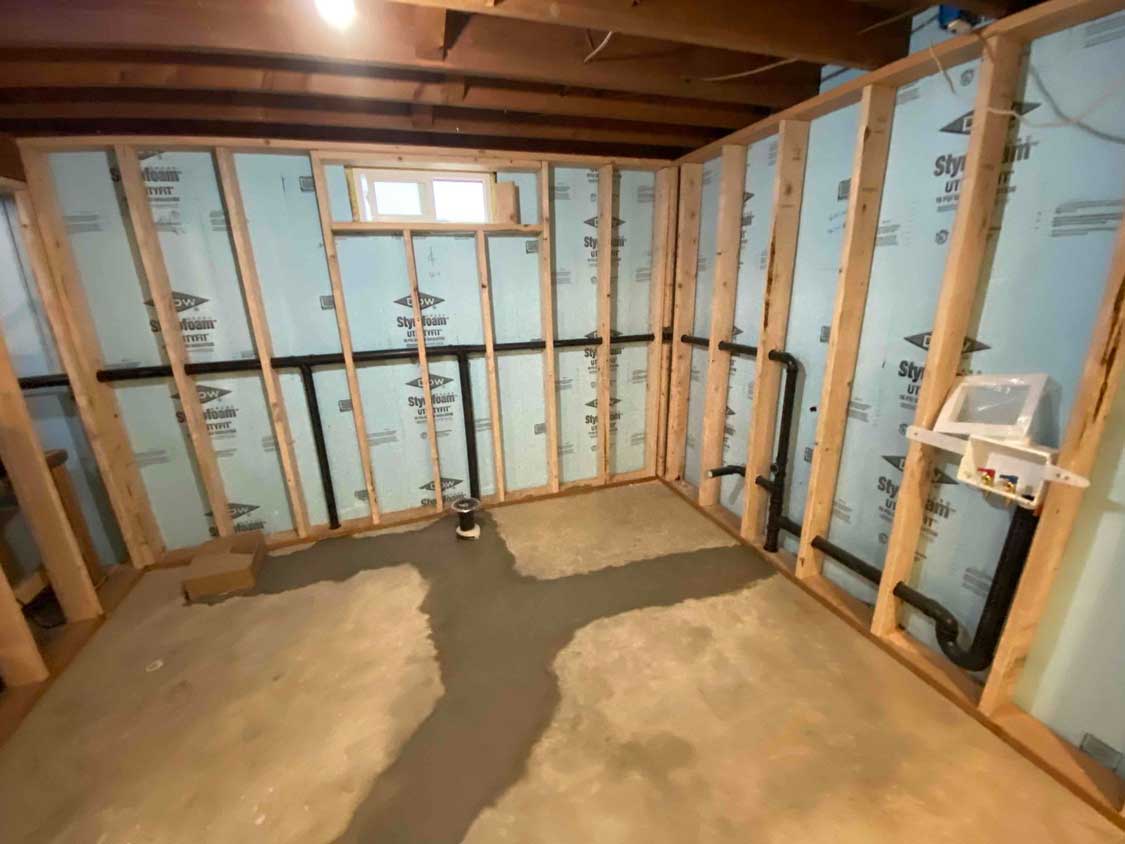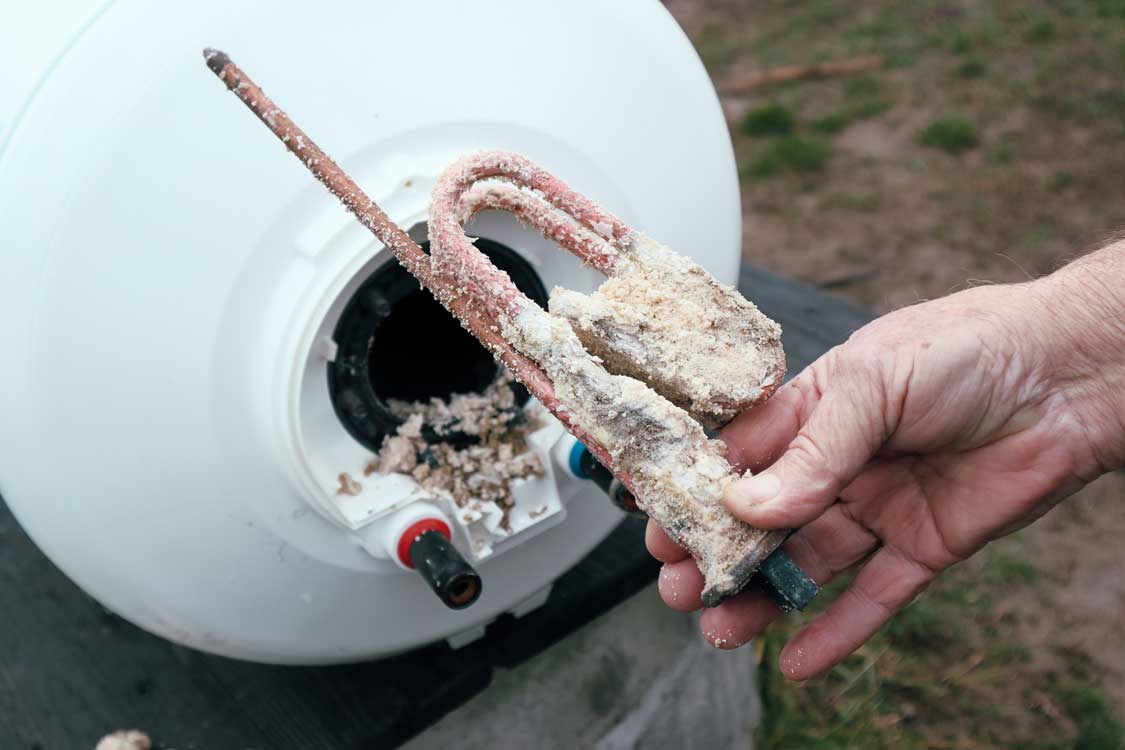Imagine this: It’s 95 degrees outside, your house is getting hotter by the minute, and your AC just made a sound like a bowling ball dropped inside it before shutting down completely. Is this just an inconvenient repair, or a true HVAC emergency? Knowing the difference isn’t just about comfort—it could protect your family from dangerous heat exposure, prevent thousands in water damage, or save your entire system from catastrophic failure. When HVAC emergencies strike, minutes matter.
At Mainstream, we’ve answered thousands of urgent calls throughout Spokane and Northern Idaho, restoring comfort and safety to families when they needed it most. Don’t ignore those strange noises or concerning performance issues—our emergency HVAC technicians are standing by 24/7 to diagnose problems fast and protect what matters most: your home and the people inside it.
1. Your AC Stops Working During Extreme Heat
Once outdoor temperatures hit the 90s or higher, a working air conditioner becomes a must-have, not just a nice-to-have. If your AC suddenly quits in the middle of a scorching day, you’re probably dealing with more than just an inconvenience.
- Sudden System Failure: A unit that completely shuts down and refuses to restart likely has a serious internal issue that needs attention right away.
- Rising Indoor Temps: Without cooling, heat builds up fast—especially in homes with less insulation or lots of direct sunlight. Kids, older adults, and pets are especially vulnerable.
- Time to Call in a Pro: Diagnosing a dead AC isn’t something to leave to internet videos. Whether it’s electrical trouble, a frozen coil, or something else, a licensed HVAC technician is the safest bet. Call Mainstream to keep your home and loved ones safe.
2. Unusual Noises Coming from Your HVAC System
Your HVAC system is supposed to hum quietly in the background. When harsh noises like banging or grinding start up, something inside the unit probably isn’t where it should be.
- Loud Banging or Grinding Sounds: These noises often come from loose parts, a failing motor, or even debris caught in the blower. A small issue like a loose screw can snowball into bigger damage.
- What the Noise Means: Strange sounds are how your system signals that something’s wrong. Letting it go could lead to a full breakdown.
- Take Action Quickly: If you hear anything out of the ordinary, turn off the unit and call Mainstream. We’ll figure out what’s happening before the damage spreads.
3. Burning or Electrical Smells
Any strong, strange smell coming from your vents or HVAC unit is a red flag. If it smells like burning plastic or metal, don’t ignore it—it could be dangerous.
- Burning Odor: That sharp smell might point to overheating components like motors, wires, or control boards.
- Possible Electrical Hazards: Letting the system run in this condition could damage the wiring—or worse, cause a fire.
- Shut It Down and Call: Turn off the HVAC system immediately from both the thermostat and breaker, then call Mainstream. We’re trained to handle emergencies safely and quickly.
4. Thermostat Isn’t Responding
When your thermostat stops working, your whole HVAC system can grind to a halt. What might seem like a simple glitch could actually signal a deeper electrical issue.
- Blank or Frozen Display: If the screen is off, buttons don’t respond, or settings don’t do anything, the control system might be damaged.
- Check the Basics: Make sure the settings are correct and swap the batteries if needed. Still not working? There’s likely a wiring issue or disconnected component.
- Time for a Technician: You’ll need a pro to check the wiring, thermostat, and system controls to get everything back online.
5. Weak or No Airflow from Vents
If your HVAC system is running but barely pushing air—or none at all—there’s a serious issue. Low airflow doesn’t just affect comfort; it can lead to overheating and higher energy bills.
- Barely Any Air: Vents that barely blow air or don’t blow at all show that something’s blocking or breaking airflow.
- What Could Be Causing It: Major culprits include collapsed ducts, blower motor problems, or compressor trouble. These are not quick fixes.
- Why You Can’t Wait: Poor airflow forces your system to work harder, which can lead to breakdowns or even permanent damage. Call Mainstream before things get worse.
6. Water Leaks or Ice Buildup Around the Unit
HVAC systems don’t just control temperature—they also handle moisture in your home. If you spot pooling water or ice forming on the equipment, something’s wrong.
- Water or Ice Around the Unit: Pooling water could mean a blocked drain line. Ice usually means the evaporator coil is freezing, which blocks airflow.
- Damage Can Spread Fast: Water can ruin floors and walls. Ice buildup strains the system and drives up energy use.
- Shut It Off and Get Help: Turn off the system and call a technician. At Mainstream, we’ll check for clogs, refrigerant issues, and anything else causing the problem.
7. Frequent System Cycling On and Off
Your HVAC system should run in steady cycles. If it keeps turning on and off in short bursts, it’s trying to tell you something’s wrong.
- Short Cycling: Rapid cycling wears down the system and usually means it’s struggling to keep up with your settings.
- What Might Be Behind It: Dirty coils, thermostat malfunctions, or compressor problems are all common reasons—none of which should be ignored.
- Don’t Keep It Running: Letting the system short cycle will only speed up wear and tear. Shut it down and call Mainstream for help.
8. High Indoor Humidity Levels
Your air conditioner should do more than cool—it should also pull moisture from the air. If rooms start feeling damp or muggy, the system may not be doing its job.
- Sticky, Damp Air: If your home feels uncomfortable or humid—especially in areas like basements or bathrooms—your AC may not be removing moisture properly.
- Breeding Ground for Mold: High humidity encourages mold and mildew, which can affect your air quality and health.
- Get a Technician Involved: A pro can check refrigerant levels, clean dirty coils, or adjust the system to bring humidity back under control.
9. Signs of a Refrigerant Leak
Refrigerant cools your air. When it leaks, your AC loses its ability to keep your home comfortable—and the longer it runs, the more damage it can do.
- Hissing or Bubbling Sounds: These noises near the outdoor unit often mean refrigerant is leaking.
- Won’t Cool Properly: If your system runs constantly without reaching the right temperature, a leak may be the reason.
- We’ll Find and Fix It: Our trained technicians use safe, accurate methods to locate leaks, make repairs, and recharge the refrigerant to get your system back on track.
10. Emergency Situations in Mid-June Heat
When mid-June rolls around in Spokane and the nearby areas, so does serious heat. If your AC shuts down during the first wave of hot weather, you’re not just uncomfortable—you could be at risk.
- Hot Weather Hits Early: The first heat spike catches many systems off guard. If your AC isn’t up to the task, temperatures inside your home can climb fast.
- Don’t Forget About Humidity: Summer air brings moisture too. Without proper cooling and dehumidifying, you could be facing mold and bacteria growth. Mainstream is just a call away when you need fast help.
Solutions. Not Surprises.
HVAC problems don’t wait for a convenient time—and neither do we. Mainstream offers 24/7 emergency support across Spokane, Spokane Valley, Coeur d’Alene, and throughout the Inland Northwest. No extra fees for nights or weekends—just honest, fast service when you need it most.
Strange noises, weak airflow, leaking water, or no response at all? Don’t wait. Call Mainstream at (509) 237-6483 to schedule emergency HVAC service now.
